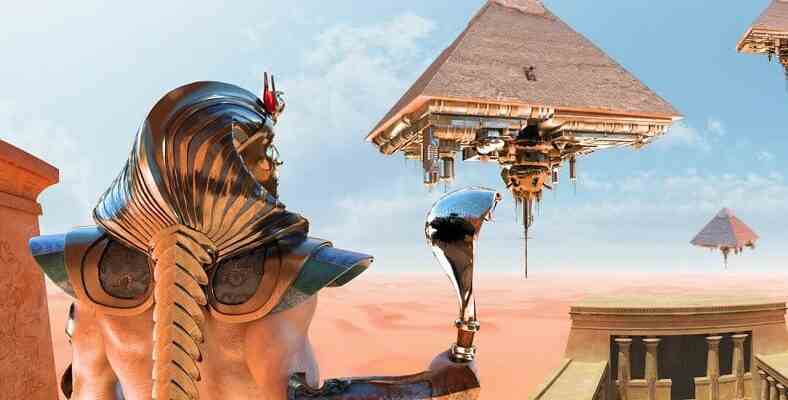When Egypt is mentioned, many people will first think of Egyptian gods, pharaohs and mythological stories. It is true, because this region is one of the places where we see the first signs of civilization, its mystical aspect is extremely strong, but at the same time its geographical structure is quite interesting. Let’s take a closer look at interesting information about Egypt, some of which you will hear for the first time.
Unfortunately, Egypt is one of the countries whose name we have heard about due to the political turmoil and unpleasant events in recent years. However, when it comes to Egypt, what should come to our minds are actually ancient gods, pharaohs who are considered gods, and mythological stories. Although it is a predominantly Muslim country, today the Egyptian administration and people are also knows these ancient traditions and he tries to keep some of them alive as best he can.
Egypt is one of the regions in the world where we encounter the first signs of civilization. The contributions of the ancient Egyptian period to science are innumerable. We see a similar contribution in the cultural sense, because the ancient people living here have added countless stories to the world cultural heritage. Not to mention its unique geography. Bride You will hear some of them for the first time about Egypt and especially Ancient Egypt. Let’s take a closer look at interesting information.
Interesting facts about the mysterious land of Egypt:
- The legendary queen Cleopatra is not actually Egyptian.
- The first known peace treaty in history was signed here.
- The Egyptians played the first board games in history.
- In ancient Egypt, women’s rights were much more advanced than we thought.
- If you think that it was slaves who built the pyramids, you are very wrong.
- The pharaohs were not as skinny as in the statues.
- Tutankhamun’s cause of death could be quite interesting.
- Have you ever thought why we call Egypt Egypt?
The legendary queen Cleopatra is not actually Egyptian:
Undoubtedly, one of the first figures that comes to our minds when it comes to Egypt is the legendary queen VII. She is Cleopatra, but by a twist of fate she is not an Egyptian, although she was born in Alexandria. Cleopatra was there when Alexander the Great conquered Egypt He is descended from the Greek – Macedonian descendants of the great commander Ptolemy I. The Ptolemaic Dynasty ruled Egypt from 323 to 30 BC and remained true to its Greek roots. In fact, one of the first people who belonged to this dynasty and spoke the Egyptian language was Cleopatra.
The first known peace treaty in history was signed here:
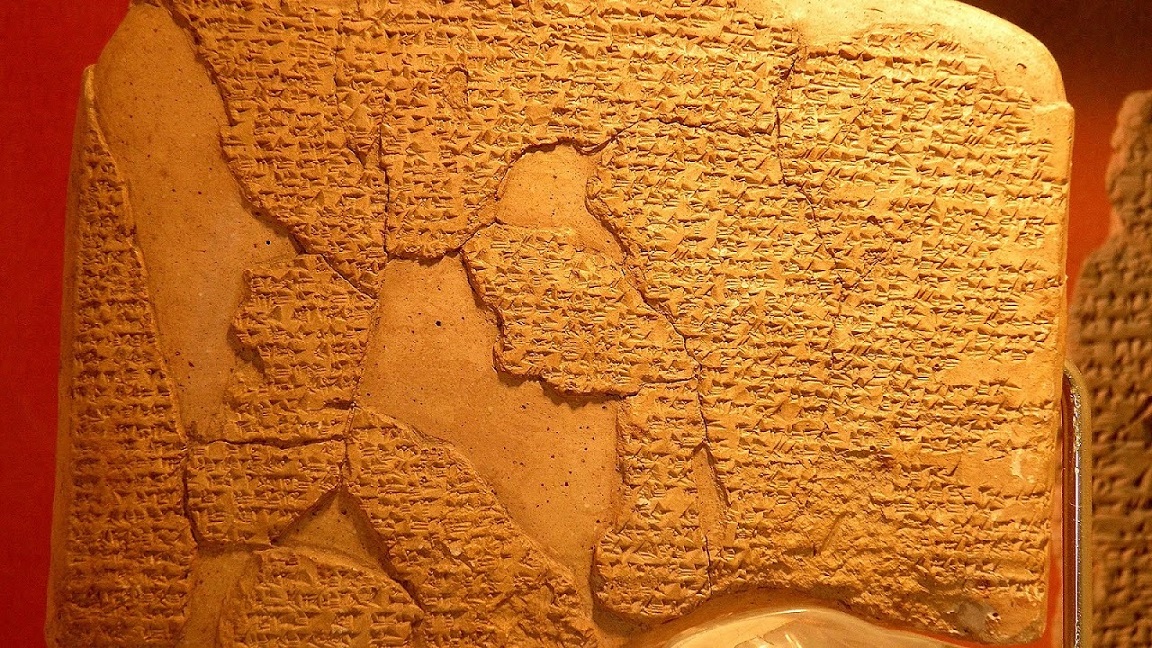
Since the 11th century BC, there has been a 200-year struggle between Egypt and the Hittite Empire to seize the territory of present-day Syria. The Battle of Kadesh, which took place in 1274 BC, is one of the bloodiest battles of this struggle. No matter what they do, one side cannot win. Finally tired of this struggle, II. with Ramses III. Hattushi, In 1259 BC they signed the Treaty of Kadesh, the world’s first peace treaty. How ironic that the lands where blood takes the body today actually met peace thousands of years ago.
The Egyptians played the first board games in history:
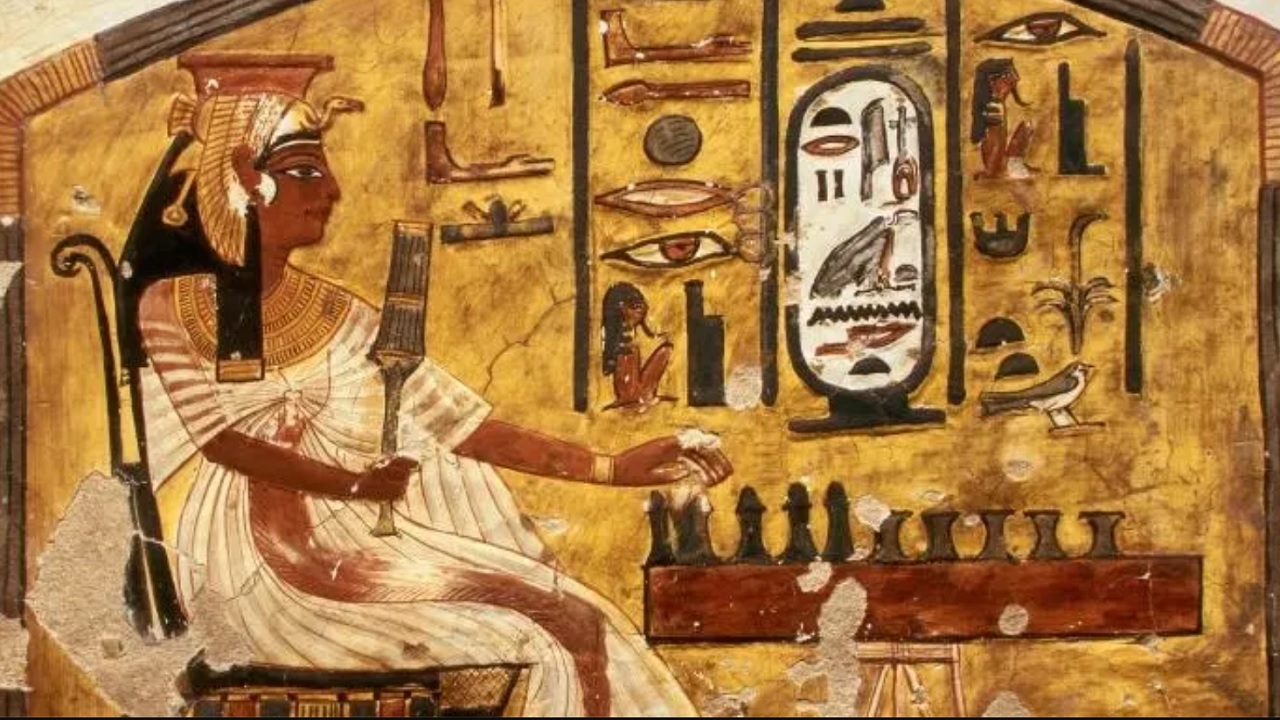
We’re talking about even before games like backgammon and chess. The Egyptians were playing board games similar to today’s games like Monopoly, around 3500 BC. Played by Queen Nefertiti alongside plays such as Mehen, Dogs and Jackals A game called Senet was the most popular. As far as we understand from the ruins that have survived to the present day, this game played with dice and sticks on a painted 30-square board, and a series of stones were moved. Except for the substance of the materials, this game is pretty much the same as today’s board games.
In ancient Egypt, women’s rights were much more advanced than we thought:
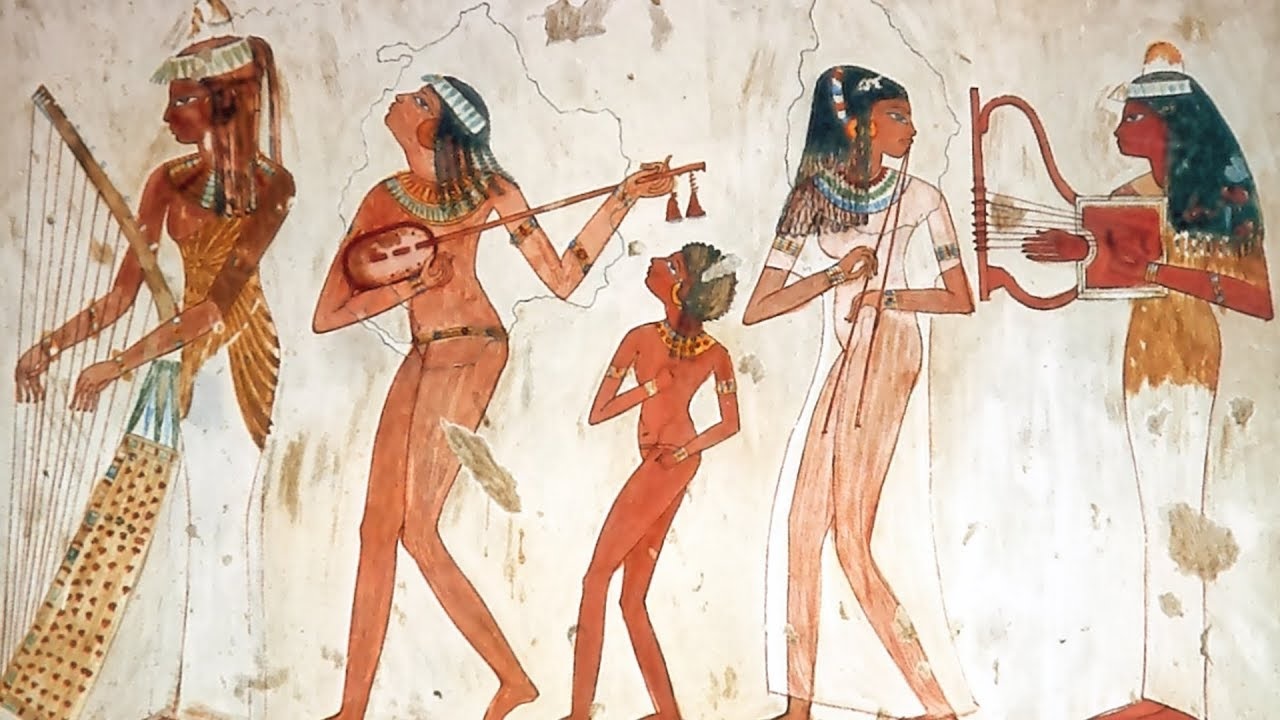
It is possible to see these rights by making a small comparison. For example, in the Ancient Greek world, women were considered the property of their men and had no rights. In ancient Egypt, however, there was a marriage contract and the woman had the right to divorce. At that time, women generally worked from home, but Those who did the same work as men were paid the same wage. Moreover, women could trade property, make wills, act as juries, and sign legal contracts. Even European women could hardly obtain these rights a few centuries ago.
If you think that it was slaves who built the pyramids, you are very wrong:
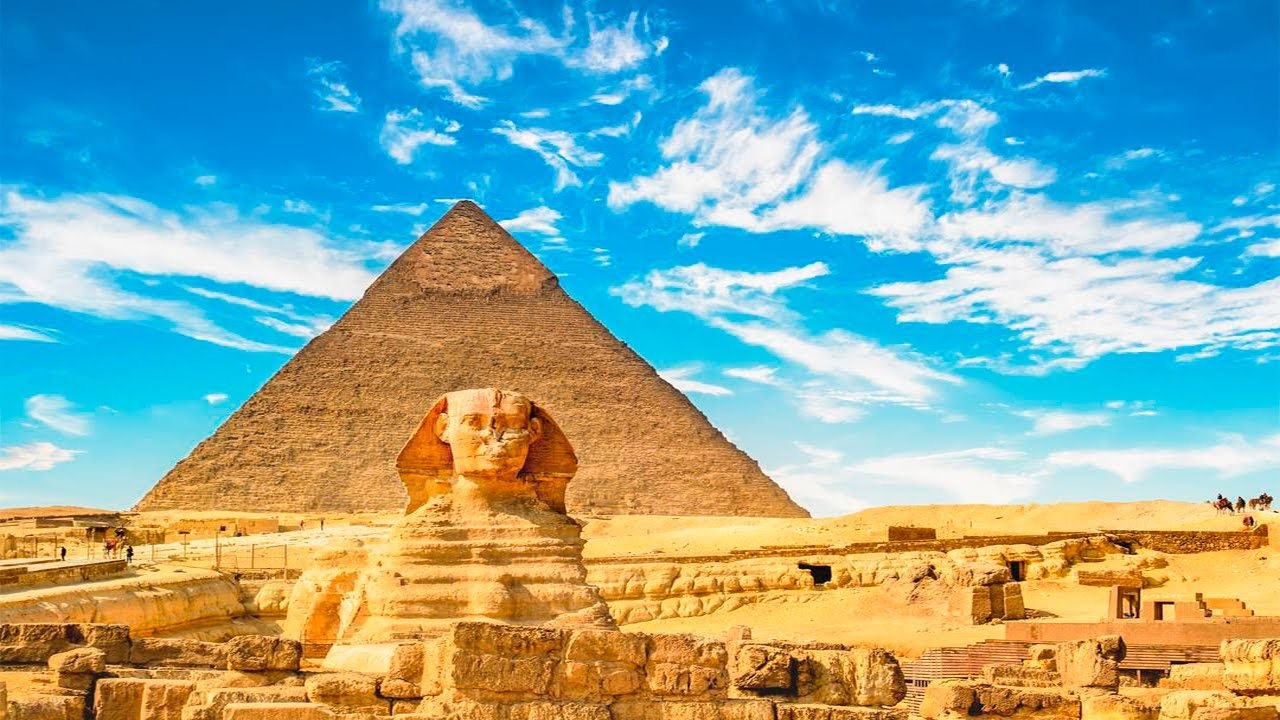
No, the aliens didn’t either. It was the master construction workers who built the Egyptian pyramids that we admire even today. Because these workers are skilled people and are considered successful craftsmen. today they were getting better wages than even our minimum wage. These teams even had names they used among themselves, such as Menkaure’s Drunkens, Khufu’s Friends. The Greek historian Herodotus created the story of the slaves building the pyramids in the 5th century BC.
Yes, there were slaves in Ancient Egypt, but they were not as numerous as we thought. Workers and servants were wage workers. There is even an interesting detail about it. Pharaoh III in the 12th century BC. working for Ramses When workers failed to receive their promised grain payments, they went on strike. No, none of them were fired, killed or flogged. The strike worked and they got the promised payments.
The pharaohs were not as skinny as in the statues:
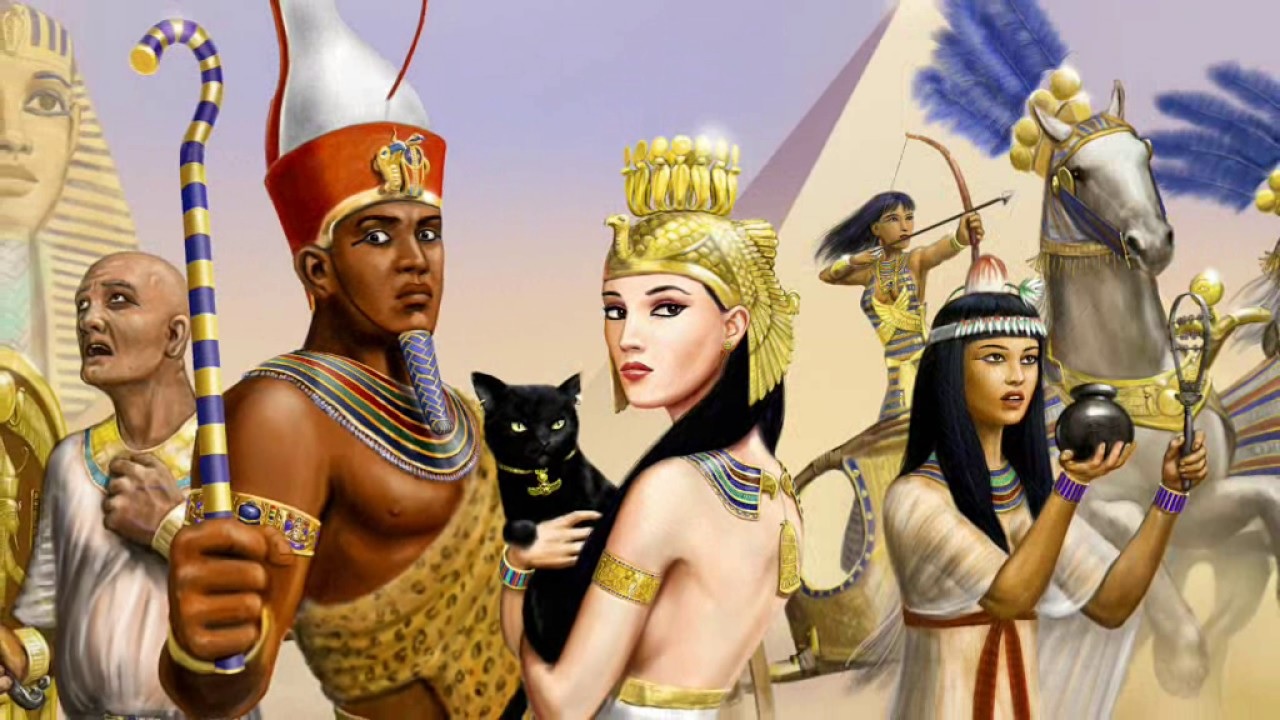
When we look at the works of the Ancient Egyptian period, made later or in that period, we see that the pharaohs and queens were either very skinny or very athletic. But think about it, couldn’t these people who ruled over the great Egypt have been eating and drinking and enjoying themselves? Of course it was. These rulers, fed on beer, wine, bread and honey, stop being weak. He was almost obese, and many were diabetic. When the mummy of Queen Hatshepsut, who lived in the 15th century BC, was examined, it was seen that she was very fat, had diabetes and was almost completely bald due to her poor health.
Tutankhamun’s cause of death could be quite interesting:
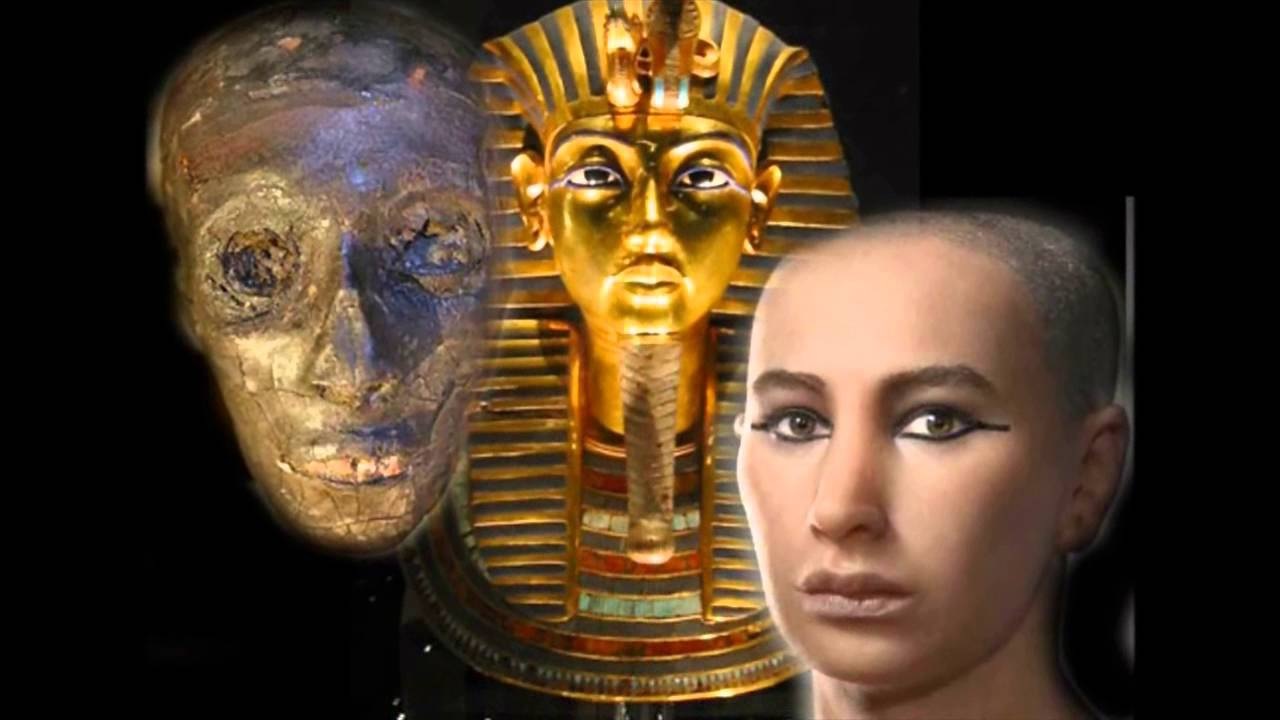
We know some details about the life of Tutankhamen, who went down in the history of ancient Egypt as a child pharaoh, but his death is a bit suspicious. When looking at his mummy, it is seen that he does not have a rib cage. In some period depictions Tutankhamun is seen trying to hunt a hippo. Evaluating these two findings together, experts think that the child pharaoh may have been attacked by a wild animal while hunting and died from a hippo bite.
It’s possible that Tutankhamun died from a hippo bite because the Egyptians are known to have lived with animals, and are even thought to be the first pet-owning civilization. It is an already known fact that cats were considered sacred in Ancient Egypt. Besides, the Egyptians some wild creatures such as hawks, dogs, lions and baboons. they were kept as pets. Moreover, there is evidence that some monkeys are trained and used for different purposes.
Have you ever thought why we call Egypt Egypt?
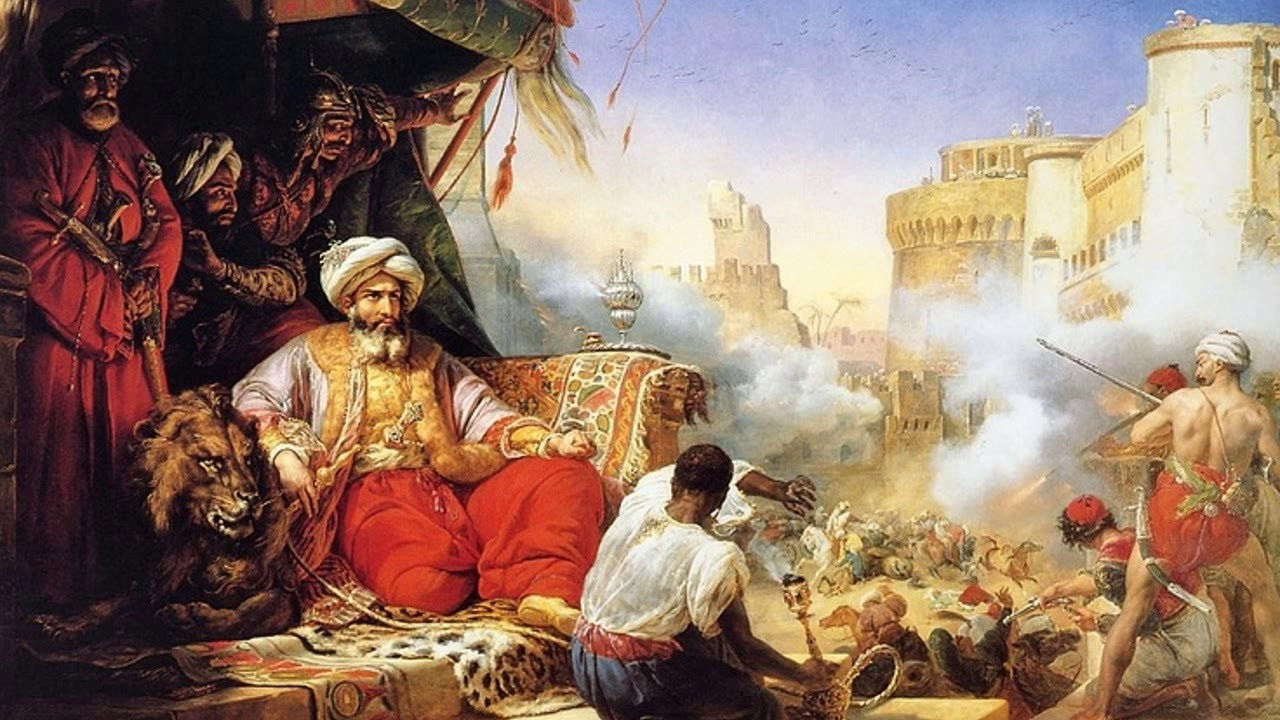
The official Arabic name of Egypt is Cumhuriyyetü Misr al-Arabiyye. So the Egyptians call their country Egypt and this is how it goes into our language with a little change. The English name Egypt, on the other hand, dates back to the period before Egypt became Muslim. During this period, the Greeks called this region Aigyptos. This name eventually evolved into Egypt. The reason why we call the plant maize is maize, because maize came to Istanbul through Egypt in the 17th century and was known by names such as egyptian wheat and maize. Over time, it was shortened and called corn.
Mysterious land famous for its gods, pharaohs and pyramids By mentioning the information about Egypt, some of which you have heard for the first time, We tried to get to know this extraordinary culture better. If you know any other interesting information about Egypt and Ancient Egypt, you can share them in the comments.
Source :
https://www.history.com/news/11-things-you-may-not-know-about-ancient-egypt
